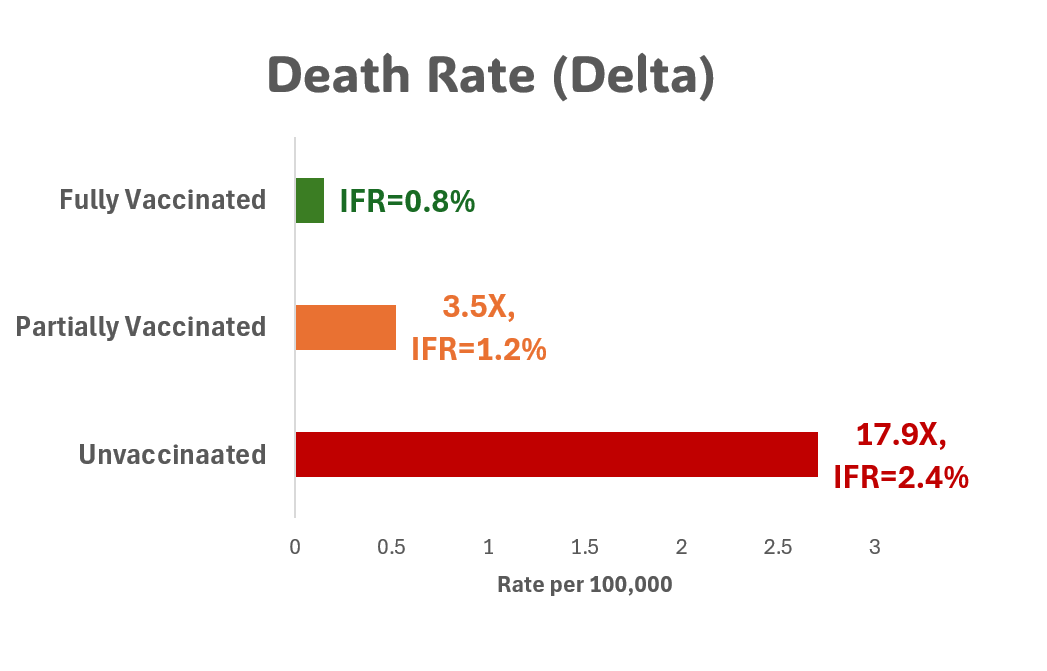/1 Suicidology Update
"Kids during the Pandemic"
@CDCgov's full dataset, with every demographic.
TOP LINE:
Full lockdown phase: significant decrease (-15%)
SECOND HEADLINE:
Up but within expected for the remainder.
THIRD HEADLINE:
No change if the year taken in total.
"Kids during the Pandemic"
@CDCgov's full dataset, with every demographic.
TOP LINE:
Full lockdown phase: significant decrease (-15%)
SECOND HEADLINE:
Up but within expected for the remainder.
THIRD HEADLINE:
No change if the year taken in total.

/2 Note: GETH plot (my creation!). The previous months are actually TWO FULL pre-pandemic years (Mar-Feb 18-20), and all rates are standardized for population. Error bars are 95% CI for Proportions. All charts read MAR-FEB to capture a "full pandemic year." 

/3 Can we break it down by sex? Sure can!
Boys: same pattern, suicides decreased significantly (-18%!) during the strictest school measures, and increased (nonsignificantly, 13%) during the second school year of the pandemic.
Take note of the FLAT March-July (more later)
Boys: same pattern, suicides decreased significantly (-18%!) during the strictest school measures, and increased (nonsignificantly, 13%) during the second school year of the pandemic.
Take note of the FLAT March-July (more later)

/4 Girls: The decrease (8%) March-June and the increase (9%) Sept-Feb are well within normal historical changes year to year. 

/5 What about the elementary school kids? No significant changes. Due to low #'s dying of suicide, the error bars are. Not even summing months creates significance.
Do you hear that, oh ye misinformation spreaders? YOUNG KIDS DID NOT DIE OF SUICIDE MORE DURING THE PANDEMIC.
Do you hear that, oh ye misinformation spreaders? YOUNG KIDS DID NOT DIE OF SUICIDE MORE DURING THE PANDEMIC.

/6 Now let's look at high-schoolers (13-17)
A huge difference based on phase of pandemic.
End of School year 2020: -16% and way lower than expected.
Next school year, within expected, slightly higher.
A huge difference based on phase of pandemic.
End of School year 2020: -16% and way lower than expected.
Next school year, within expected, slightly higher.

/7 The first school year of the pandemic (with full lockdowns) also represents the FIRST TIME IN 21 YEARS that March-June (school months) had the same low suicide rate as July (non school month). Typically, school months associated with 36-55% increase in HS kids. 

/8 Yes, I will repeat that again.
EVERY SINGLE YEAR from 1999-2019, High School kids in the US died of suicide about 40% more frequently on March-Jun vs July. In 2020, when:
* all schools were shutdown
* during a new pandemic
the Mar-Jun rate equaled the lowest rate (July)!!
EVERY SINGLE YEAR from 1999-2019, High School kids in the US died of suicide about 40% more frequently on March-Jun vs July. In 2020, when:
* all schools were shutdown
* during a new pandemic
the Mar-Jun rate equaled the lowest rate (July)!!

/9 We can also break it down by CDC Race (please note, CDC Race is clunky and I cannot do anything about that)
White kids in the US had a significant decrease (-18%) in suicide rates in the inital phase, and no significant change in the subsequent year.
White kids in the US had a significant decrease (-18%) in suicide rates in the inital phase, and no significant change in the subsequent year.

/10 Hispanic kids, and non-white kids in the US showed similar patterns. I personally feel its simply underpowered to detect it, but I think white kids did better. There is no statistically significant difference racially for RATE changes, but do keep note of the overall rates. 



/11 Especially as it pertains to Indigenous children in the US. While, fortunately, there was no pandemic effect, it's very important to note how ridiculously high the rate of suicide is amongst Indigenous Youth (close to the adult white rate). 

/12 I have all the data 8-24 for every group, so I'm happy to answer any questions people may have for this, the best I can. I do have provisional data heading into the 2nd pandemic year (mar-may) at high reliability and the general message is "it settled down"
/13 This puts a final pin in the notion that kids were overall "more likely to die of suicide" during the pandemic. The net effect on suicides of kids in the first year of the pandemic was COMPLETELY FLAT:
Mar-Feb 2019-2020 - 4.1/100k
Mar-Feb 2020-2021 - 4.1/100k
...]
Mar-Feb 2019-2020 - 4.1/100k
Mar-Feb 2020-2021 - 4.1/100k
...]
/14 The data is also entirely consistent with a very data-backed position I have been stating for quite some time: when lockdowns were strongest (least amount of school), suicide rates amongst kids were lowest. School is a well established risk-factor for suicide.
/15 For a preview into what we're seeing so far in 2021, I can say from preliminary CDC and embargoed data that I have access to that after around April-ish, things settled back into expected #'s for the remainder of the year.
/16 As always, if you follow me you will find data-driven answers, not speculation. Only a few suicidologists chose the correct path of NOT PREDICTING an increase in suicides in young people. Media, take note. It is always foolish to PREDICT suicide rates, we ain't that good yet.
/17 Data is from CDC:
Provisional Multiple Cause of Death on CDC WONDER Online Database, released 2021. Accessed at wonder.cdc.gov/mcd-icd10-prov… on Dec 14, 2021
Provisional Multiple Cause of Death on CDC WONDER Online Database, released 2021. Accessed at wonder.cdc.gov/mcd-icd10-prov… on Dec 14, 2021
/18 Media: please contact me via DM if you would like to discuss, interview, or get more information. Please help me correct the wrong narrative that DOMINATED the pandemic.
All visualizations are mine; media have full permission to use, if using please credit me.
All visualizations are mine; media have full permission to use, if using please credit me.
• • •
Missing some Tweet in this thread? You can try to
force a refresh












